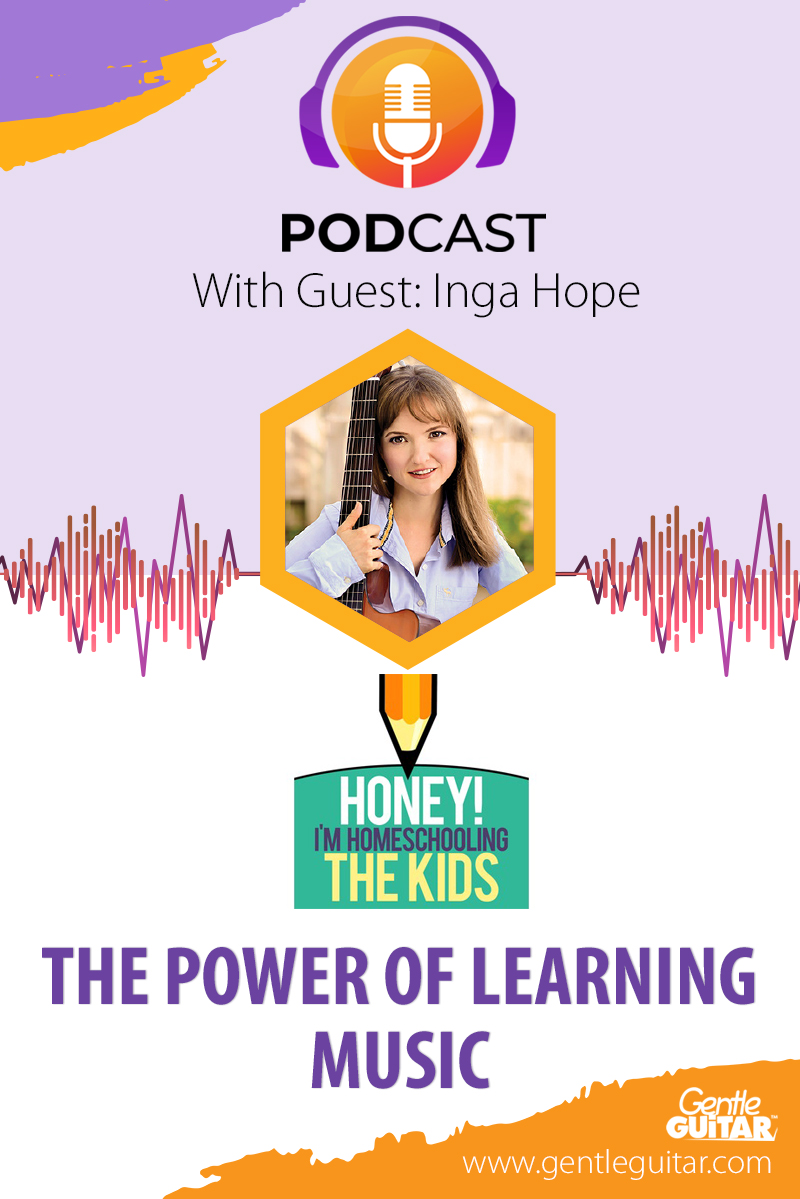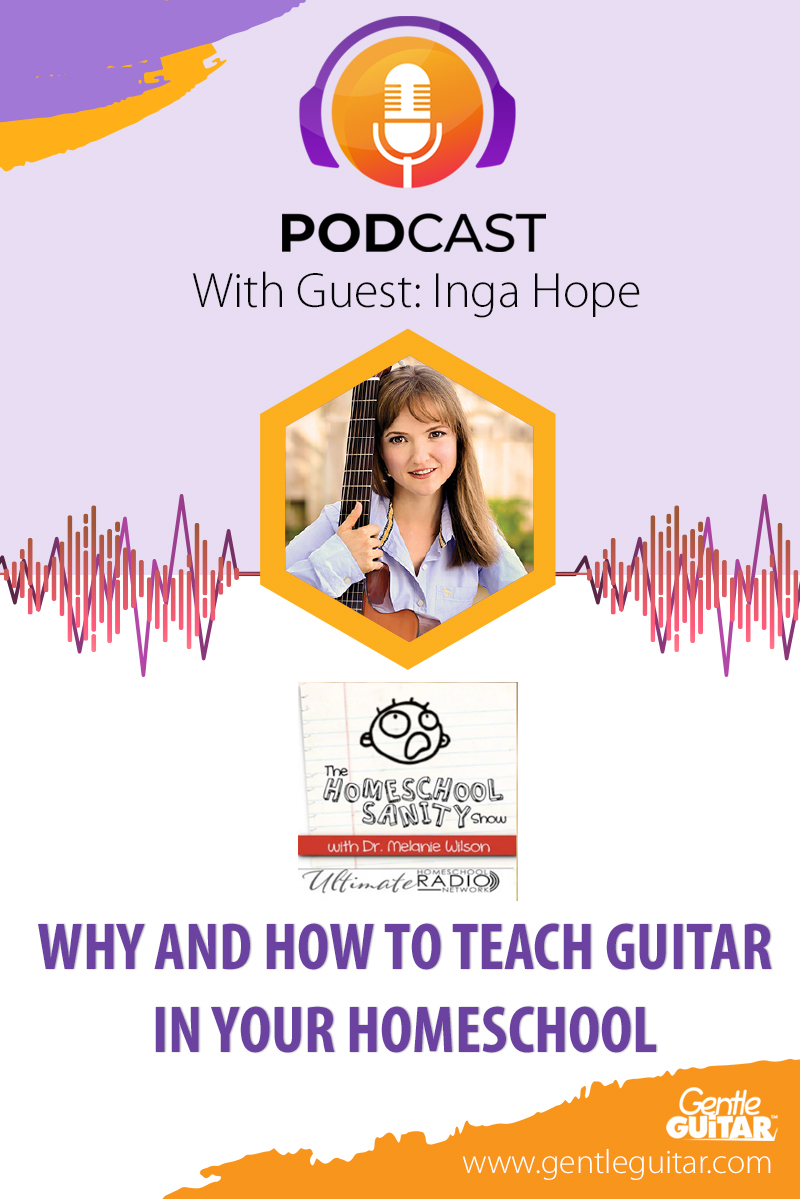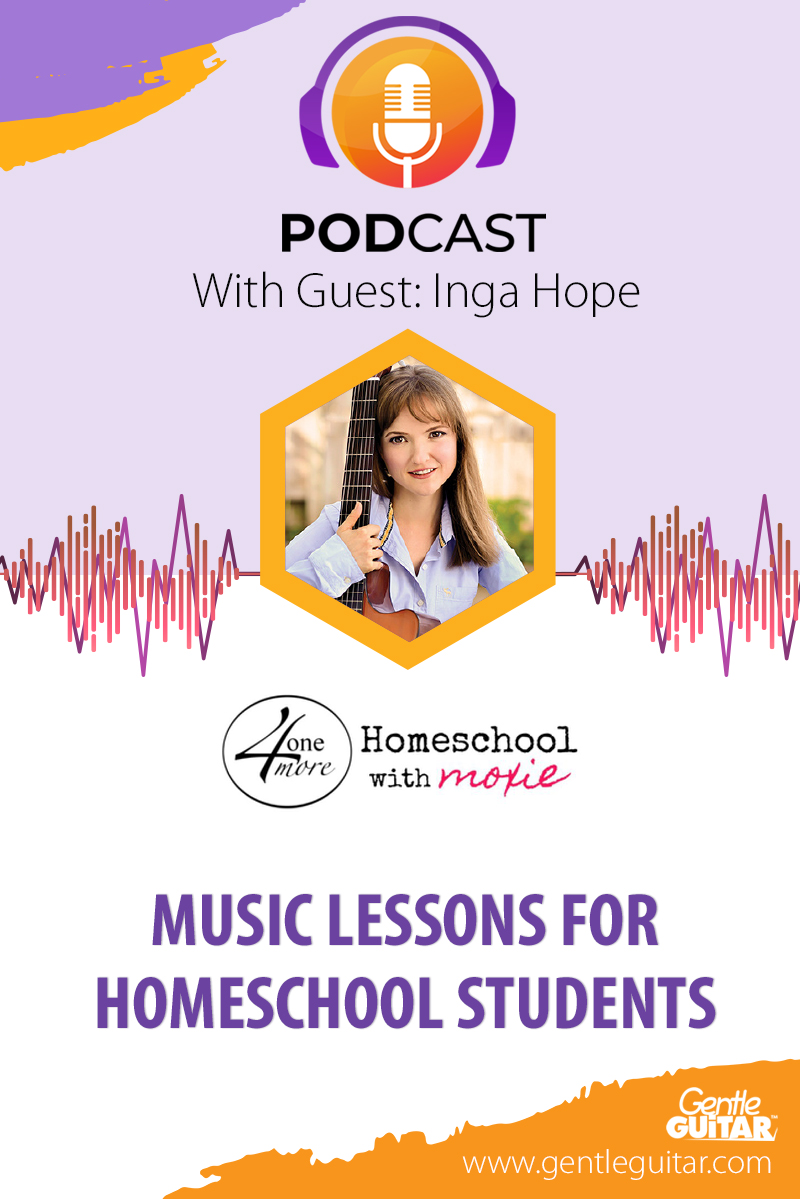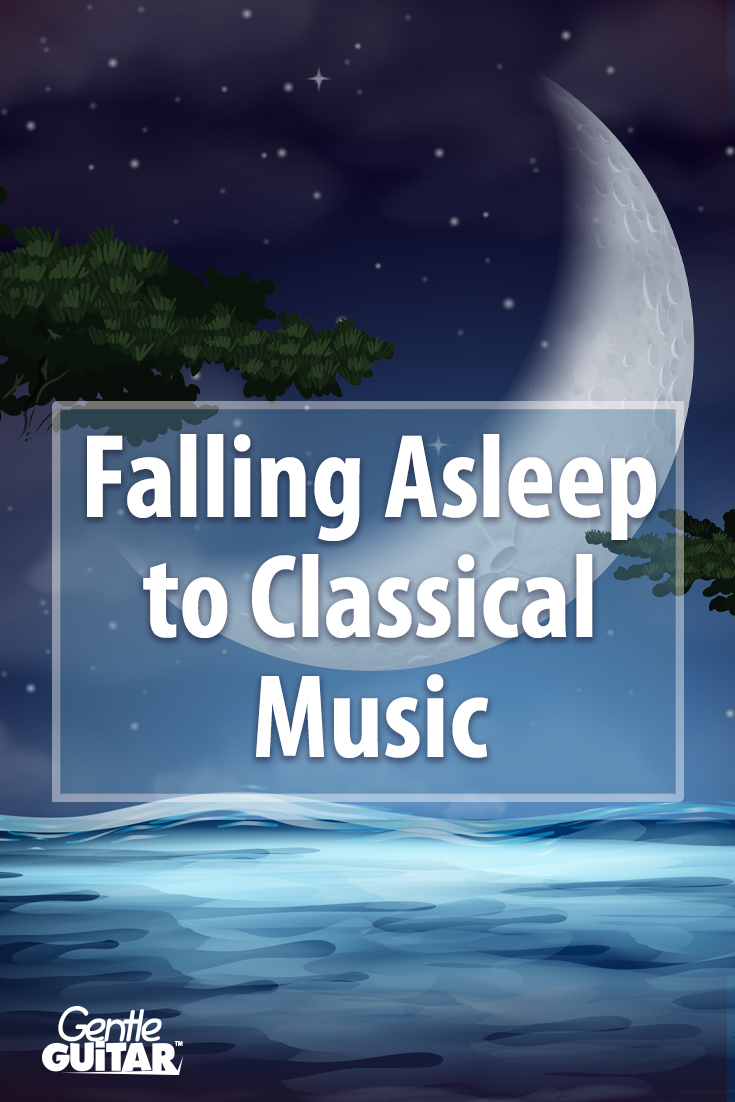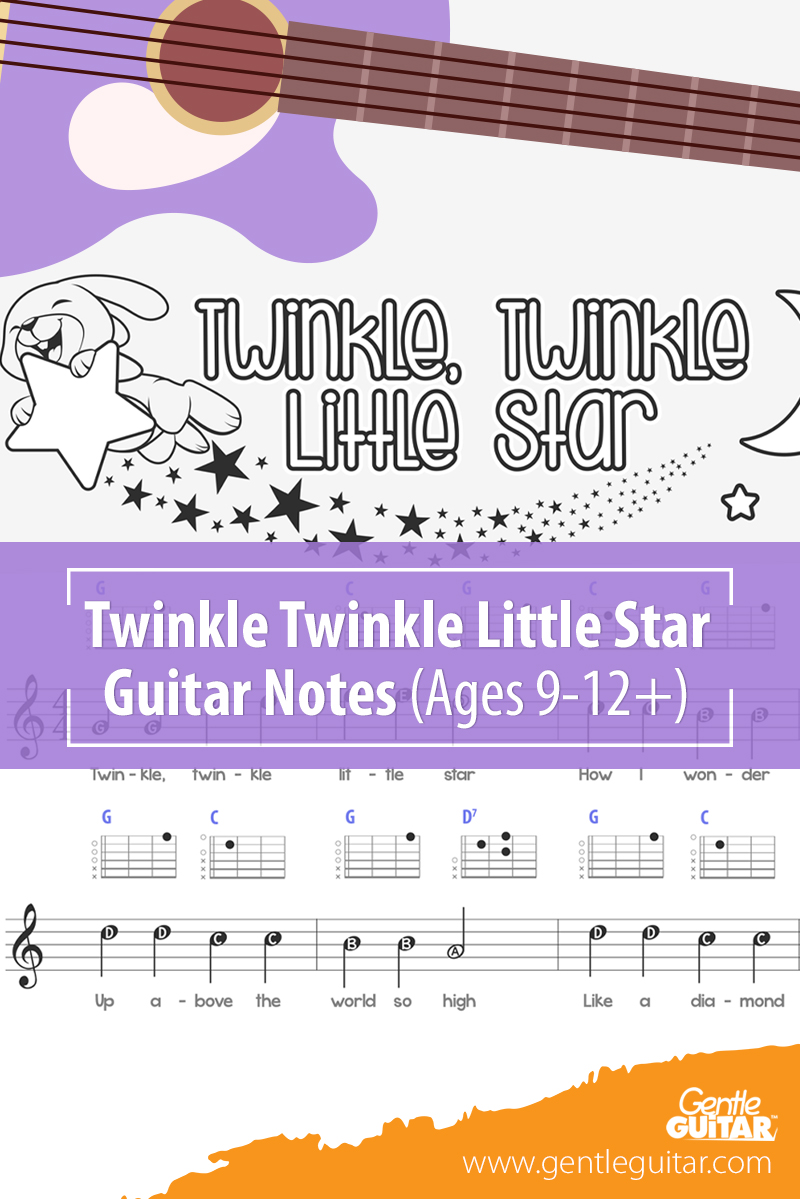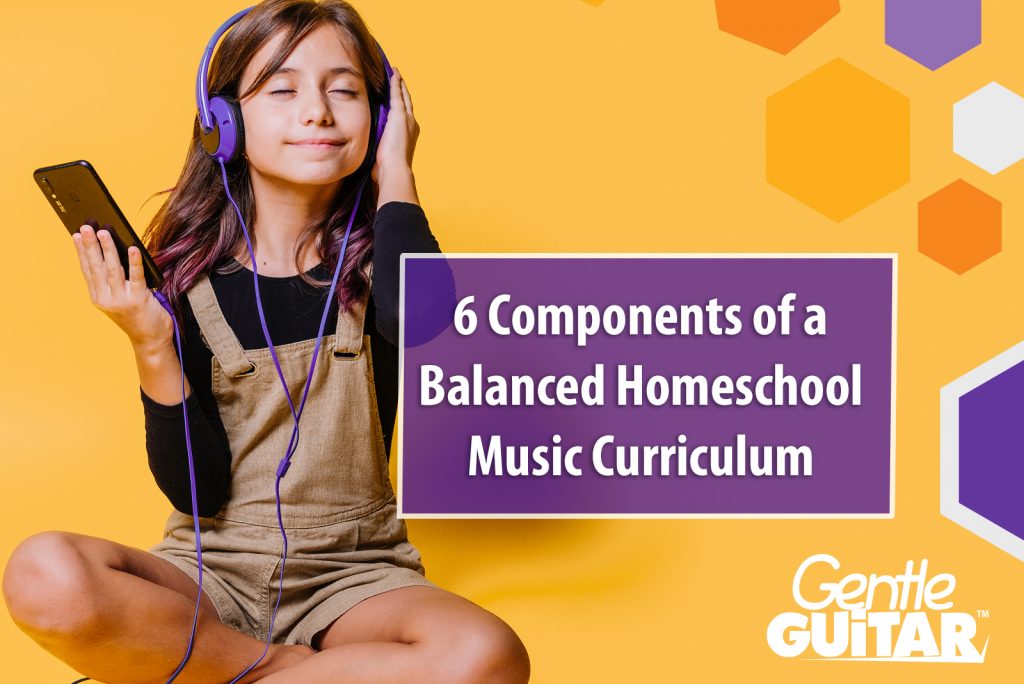
6 Components of a Balanced Homeschool Music Curriculum
My personal exposure to music began as a young child. In the evening my mother would light candles and put on relaxing classical music for me to fall asleep to. In the morning I would wake up to fresh air pouring-in from an open window and the cheerful chirping of flutes. My mother loved to put on Mozart’s Flute Concerto in D to make our mornings lively and bright! Music in my childhood created many fond memories.
I also believe that my moral compass, my ethics and my sense of aesthetics, all come from this early exposure to classical music. It’s never too early to start exposing children to fine music and good books! Nevertheless, it’s worth noting that there is a difference between exposure to music and music education. It’s a great idea to listen to music and attend live concerts as part of homeschooling. Exposure to music is particularly beneficial to kids under the age of 5. However, after the age of 5-6 the child enters a stage of development where exposure to music alone is not enough. Simple exposure can’t stimulate the brain in the same way that a well-balanced musical curriculum can.
Here Are The 6 Components of a Balanced Music Education for Kids
1. Music Exposure
Music exposure begins in the womb and hopefully continues for a lifetime. It’s not only the act of listening to good music, it’s getting kids involved in all kinds of musical activities. These activities include singing along to songs, playing music games and regularly attending live concerts. Also falling into this category are most music toys, apps and music classes for kids under the age of 5.
2. Music Appreciation
Many parents confuse music appreciation with music exposure. Appreciation and exposure can go hand-in-hand, but music appreciation takes music exposure a step further. It is the process of analysing and reflecting upon the music. If, for example, you take a child to a classical concert, you are exposing him or her to music. However, if during the performance you ask them to listen for the viola solo, and then get them to identify the tempo (such as andante or allegretto), then you are engaging your child in music appreciation. In educational terms, music appreciation is the act of studying music-related concepts, and then learning to spot them in the music that the child is being exposed to. In addition to broadening the child’s cultural horizon, music appreciation hones awareness, concentration and listening skills.
3. Music History
Music history is a purely academic study. It doesn’t require motor skills, nor does it engage the entire brain like playing an instrument does, but it is a great way to start learning about music if you are not a musician! Studying music history is a good pre- cursor to music appreciation. You don’t need to be in any way musical to teach music history, and it’s an excellent opportunity for you and your child to learn and explore things together.
You could create a time capsule in your wardrobe then travel through the different time periods. If you start with ancient history you’ll be broadening your homeschool curriculum by exploring how music and civilisations have evolved. Music is a universal language that dates as far back as the hieroglyphs. In Ancient Greece, Plato and Aristotle believed that music had the power to affect people’s thoughts and actions. The more advanced a civilisation became, the more music played a role in that society.
Other ancient philosophers, as well as classical composers, also knew about the special power of music – they used it to uplift, enlighten and affect society in a positive way. Do you think we have the same degree of music awareness today? Studying music history provides opportunities to consider this question. In addition we can reflect upon whether music has become reduced to a commercial product that kids are exposed to, regardless of the consequences it has on their psyche and emotions.
Bonus: Music & Bible Study
If you have bible studies in your homeschool, you could engage kids by having them write their own music history book using the bible as a reference. Encourage them to identify and illustrate the key times when music is mentioned in the bible, along with its effects and importance.
4. Music Theory
Music theory can be a fascinating addition to any homeschool curriculum. It is an analytical study of music harmony. For younger ages this may include ‘music math’ and ‘listening games’, or the tracing of notes, the building of triads and learning the A-B-Cs of music.
For higher grades it can get more complex. The student can dissect chords and identify the harmonic relationship between the various degrees of the musical scale. It can be fun but it also stretches the mind in a way that pure science or math can’t. Other benefits of music theory include engaging the auditory system while developing strong analytical skills.
5. Music Lessons
Music (or instrument) lessons are a key component of a balanced music education. Learning an instrument takes the music student from being a reflective observer to a pro-active creator. Learning to read music and then translate the symbols into fine physical movements is a whole-brain workout!
Effective and well-designed music lessons build confidence and develop a valuable work-ethic. Music lessons are a stable platform from which to develop life-skills such as: patience, diligence, perseverance and self-awareness.
The good news is that there are many options for making music lessons available within a homeschooling environment. From free videos on YouTube, to premium one-on-one tuition with an expert teacher right in your living room! A great deal goes into starting music lessons for a child. Please refer to our online music lessons for homeschool. Try our introductory guitar lesson at home on Skype. Book now for free!
6. Music Performance
No music education is complete without giving children the opportunity to create music to share with the world, either by performing solo or with others. Music can be a self-contained and introspective study, but it can also be a social activity, similar to a team sport.
The difference is there are no competitors, only team players! If you have more than one child in your homeschool, you already have all it takes to start a music ensemble!
You can put on shows for family, friends, and maybe even your community. Giving kids an opportunity to perform is like icing a cake. After all the work that your kids will put into learning about music and developing musical skills, sharing their music with others will bring joy and fulfilment.
Training for a performance will also help your kids to gain self- confidence, learn to cope with nerves and stage fright, and prepare them for greater things ahead.
Summary
Ideally, all of the above components will form a varied and balanced music education. If you’re feeling overwhelmed, please don’t! You don’t have to teach all these components at once, and no-one expects you to get it perfect right from the start. You can begin by taking small, manageable steps that conform to your time and budget. The great thing about homeschooling is that you are free to experiment. Even established music schools and professional music educators don’t always teach the entire package!
Here’s a suggestion. Try music history for one term. For the next term give music theory a go. Then opt for music appreciation coupled with instrument lessons taught by a private teacher. Or if you can’t afford private lessons, try an online video course that teaches beginner piano or guitar. You have many options!
Our Teaching Music In Your Homeschool – Starter Kit is a free guide designed to help you get going. It contains useful resources and a sample music curriculum outline. With this kit, you have no excuses – you can start teaching music in your homeschool right away!

